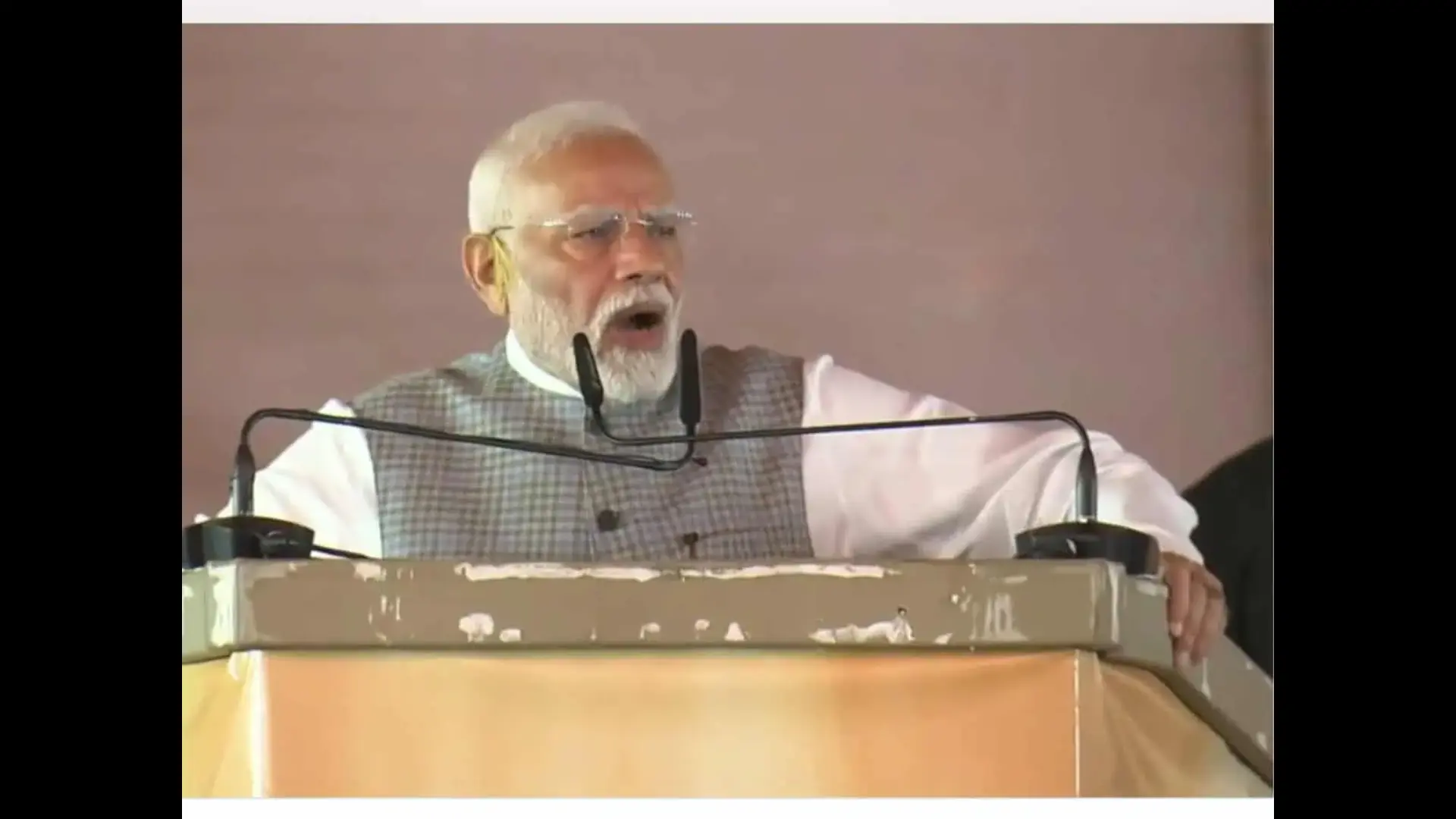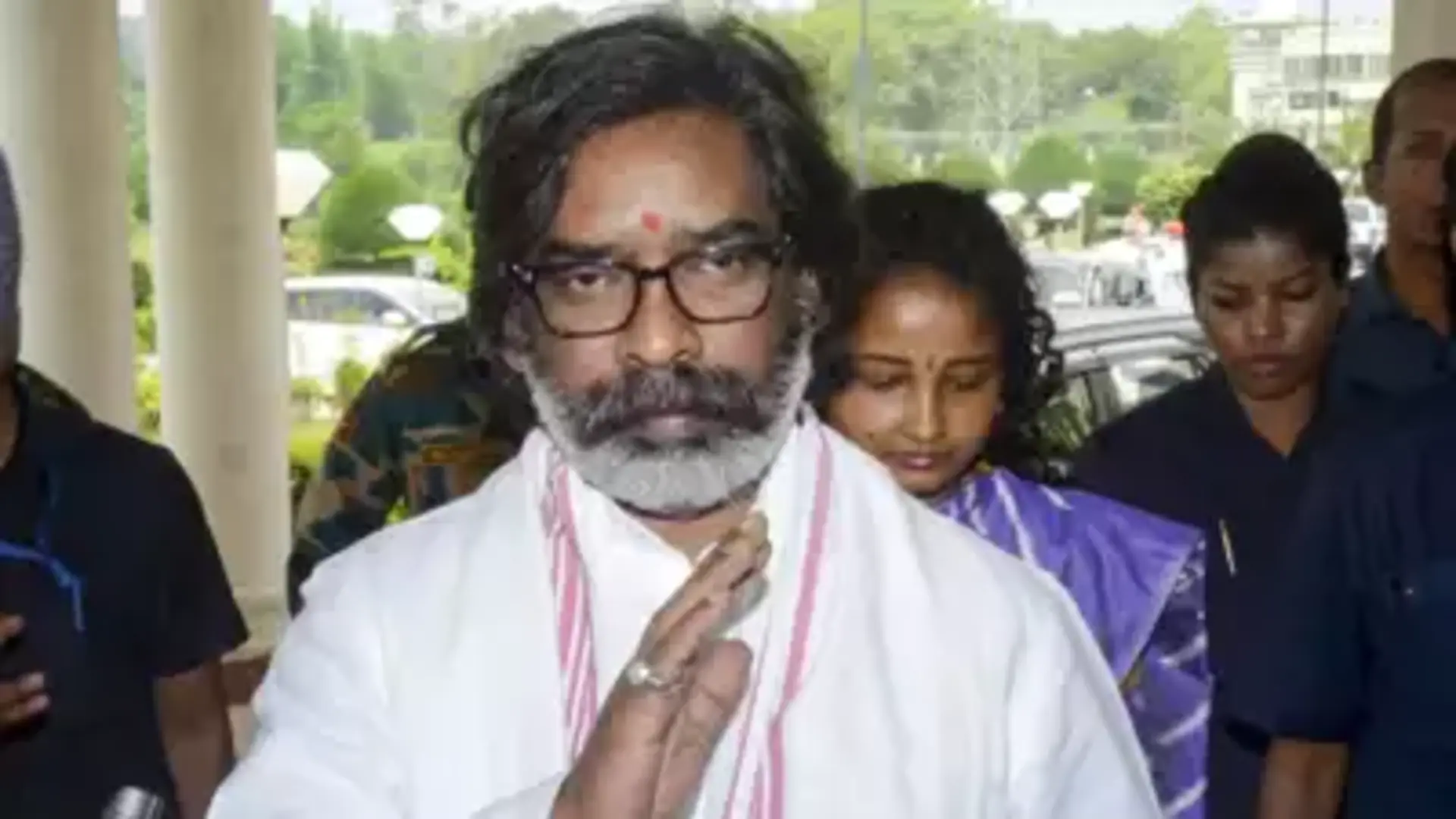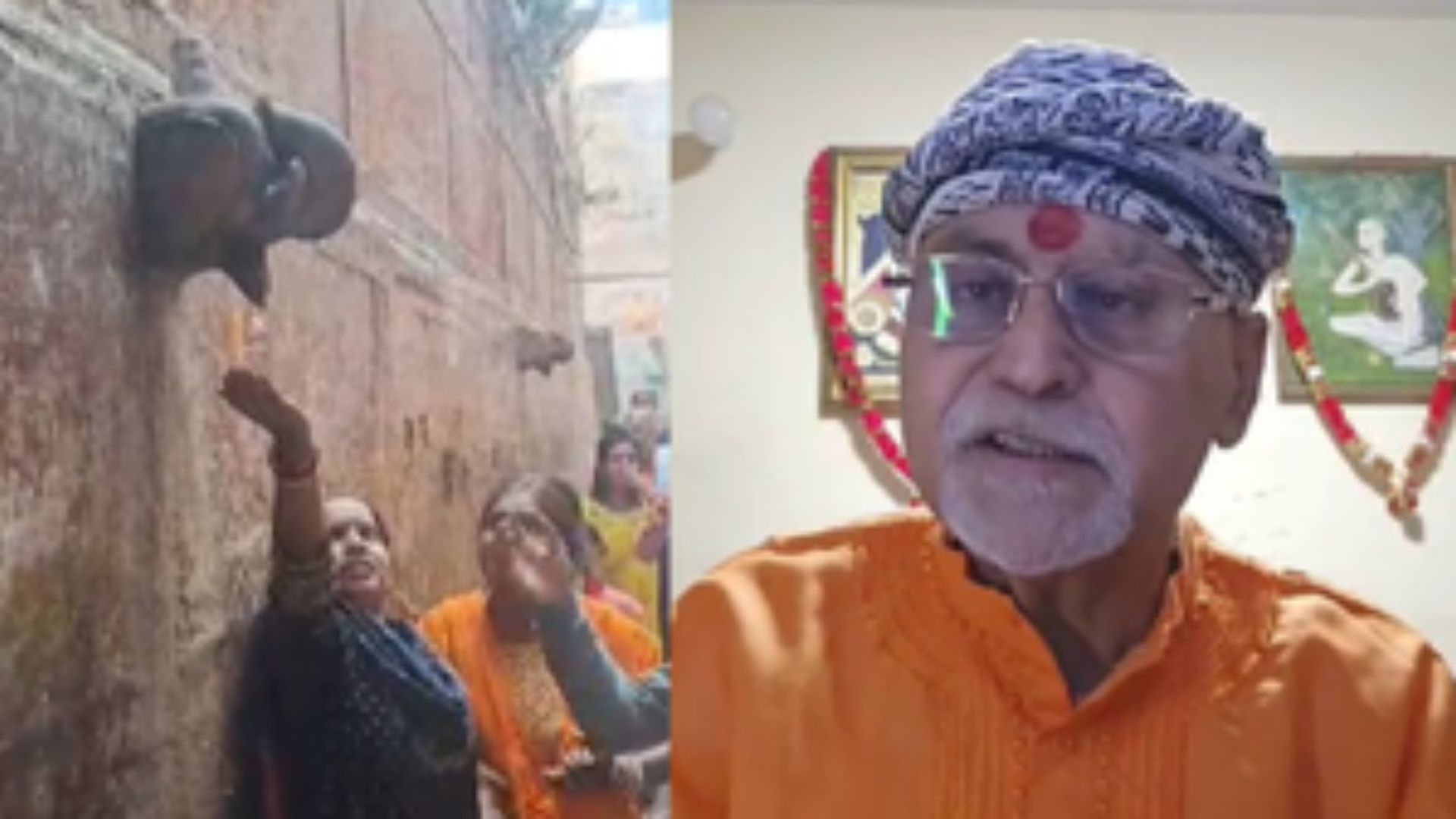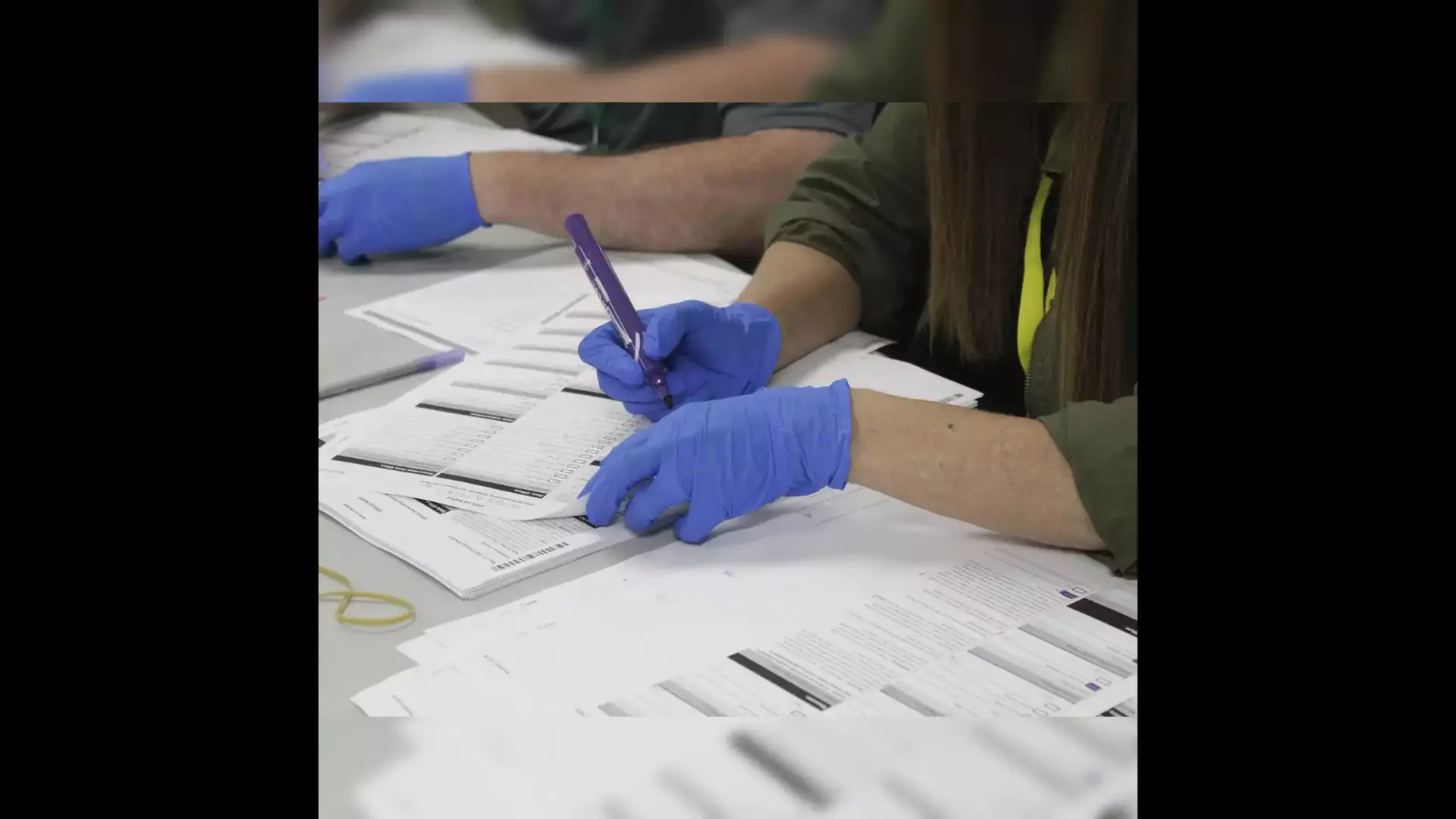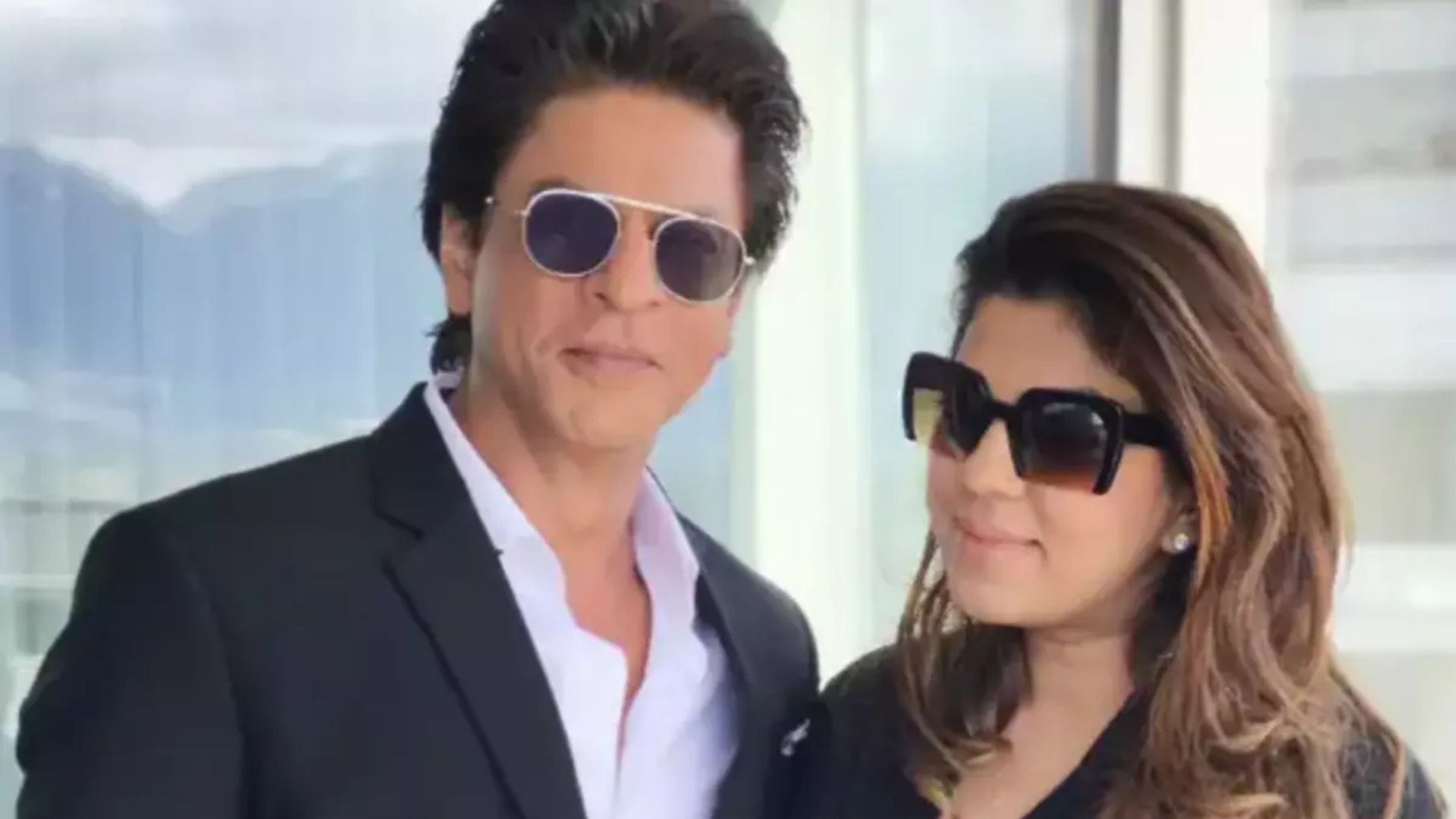
‘A marriage license should not be viewed as a license for a husband to forcibly rape his wife with impunity” is one of the finest Quotes by Sol Wachtler which clearly explains the turmoil that a woman faces when she is raped by the person to whom she is married. The deliberate exclusion of marital rape from national rape law practically guarantees that marital rape is legal or that rape within marriage does not exist. Despite many penal changes to protect women, the non-criminalization of marital rape in India threatens women’s dignity and fundamental rights. Trees with toxic roots yield poisonous fruits similarly pre-marriage or post-marriage rape is called rape.
INTRODUCTION
When England governed India, Englishmen created laws to govern Indians. Even today most of these laws are functional and are based on English laws and Victorian laws and in those laws a woman was considered as a chattel of the man after marriage. He has complete control over his wife’s body and her entire existence. As a result, men were considered socially privileged for engaging in sexual relationships with women without their consent.
In India, marital rape is still regarded as one of those crimes that have not yet been fully recognised. We do have laws in India which are designed for the protection of women against rape. Under Indian Laws, ‘rape’ is defined as a crime under Section 375 and criminalized under Sections 376 of the Indian Penal Code 1860. However, exception 2 to Section 375 protects husbands from prosecution by wives on charges of rape. A man is not considered to have committed rape if he takes part in sexual acts with his wife who is over the age of fifteen. The Supreme Court raised this age from 15 to 18 in the case of Independent thinking v. UOI, keeping our law in line with the POCSO and the Child Marriage Prohibition Act. Hence, Currently, the consent of a female under the age of 18 is irrelevant, and sexual intercourse with a girl under the age of eighteen (married or unmarried) would always amount to rape, even if she had given her assent.
This exception stems from the ‹Doctrine of Coverture,› which refers to women in society having a non-independent locus standi as a result of the male-dominated culture.
The constitutional validity of exception 2 under section 375 and other concerning matters of the Indian penal code was challenged before the Delhi high court in RIT Foundation v. Union of India (2022) The case raised important issues including consent, state control over female sexual autonomy and the necessity to eliminate past prejudices from the law. A bench of Justices Rajiv Shakdher and C. Hari Shankar pointed out that, In the case of husbands, the exception from prosecution granted under section 375 of the Indian Penal Code has created a firewall of protection and the courts will have to address whether this is a violation of articles 14 and 21 of the Indian constitution.
EXCEPTION CLAUSE: VALIDITY IN QUESTION
Exceptions to marital rape in common law were established by Chief Justice Matthew Hale of Britain in 1736 who stated that: “But the husband cannot be guilty of a rape committed by himself upon his lawful wife, for by their mutual matrimonial consent and contract the wife hath given up herself in this kind unto her husband which she cannot retract.”
As of now, the United Kingdom has completely abolished the principle. The exception for marital rape was abolished in 1991 following the case of R. v. R. in which “The House of Lords” ruled that where the common law rule no longer accurately depicts a wife’s true position in contemporary society, it is the court’s duty to change it. Taking the view that there had come a time when the law should declare that a rapist remains a rapist subject to criminal law, regardless of his relationship with his victim, the court held that the immunity granted to a husband by Chief Justice Matthew Hale no longer exists.
The exemption is based in India on the expected matrimonial consent. According to Hale, the identity of a woman is subsumed under that of her husband. Therefore, it is impossible for a man to commit rape when he and his wife are one? As a result, her “no” is unimportant, and her agreement is implied in the institution of marriage. Even in voidable marriages, the male can rape her and benefit from the exemption until the marriage is annulled by the court.
The legitimacy of the exceptional clause in India is addressed in the 172nd law commission report. In this report, the legitimacy of the exceptional clause was questioned. When a husband’s violence against his wife is considered a crime in other situations, why not rape? Such arguments were rejected by the law commission because they would result in “excessive meddling with the issue of marriage.” Following the gang-rape case in Delhi, the Justice Verma Committee was formed to recommend changes to existing legislation to reduce crimes against women. The committee recommended to scrapping exception 2 under section 375 of the Indian penal code. A few of its recommendations made their way into the Criminal Law (Amendment) Act, 2013, but the most radical ones, such as that on marital rape, were passed over.
Recent decisions by the Kerala High Court and the Gujarat High Court appear to indicate a movement in Indian courtrooms on the topic of marital rape exception. The most recent example is a recent Karnataka High Court decision that refused to absolve the husband of a rape complaint filed by his wife. The court stated in its decision. ‘If a man, a husband, a man he is, can be exempted of an allegation of commission of ingredients of Section 375 of the IPC, inequality percolates into such provision of law. Therefore, it would run counter to what is enshrined in Article 14 of the Constitution.’
The Supreme Court decision in Suchita Srivastava v. Chandigarh Administration equated sexual freedom with personal freedom, privacy, dignity, and physical integrity under Article 21 of the Constitution. Human dignity is a fundamental right, but in India›s rape laws, a married woman›s dignity is trampled. Consequently, this exclusion violates the human dignity of women guaranteed by Article 21 of the Indian Constitution.
Exception 2 likewise violates Article 14 since the classification created has no reasonable relevance to the statute›s underlying goal. Moreover, in Budhan Choudhary v. the State of Bihar, the Supreme Court ruled that any classification created under Article 14 of the Indian Constitution must satisfy the reasonableness test, which can only be applied if the category makes sense in light of the act›s objective.
DE-MYSTIFYING CONSENT IN MARITAL RAPE
After marriage, does a woman or man lose their degree of sexual autonomy? The Hon’ble Justice DY Chandrachud expressed his disagreement with the issue of the Right to say “no” to sex after marriage.
Marital rape had hazy definitions at the time, but with the pressure of second-wave feminism, the cloud over the crime began to lift. In the instance of marital rape, there can be many types of forceful sex on a wife, and the decree of consent would alter in such cases.
Regrettably, the IPC, 1860, does not define the phrase ‘consent’ very clearly. It simply states what cannot be considered consent (S.90). Thus, a person is believed to have consented only if the consent was freely provided, willingly, and without the victim’s mind being influenced by fear, force, or deceit. In the Supreme Court’s decision in State of Himachal Pradesh v. Mango Ram (2009), it noted that one could only determine if consent had been given based on carefully examining all relevant circumstances at the time. For the purposes of Section 375, it cannot be assumed that a girl passively submits or does not fight the accused’s advances because she is afraid. A lack of bodily injuries on the prosecutrix or accused does not prove her consent. Non-resistance is not to be taken as permission, according to a proviso to S. 375.
The victim’s permission must also be free, and a helpless resignation in the face of inescapable pressure when the volitional faculty is clogged by dread cannot be construed as consent under Section 375 of the Code. Similarly, if her consent is gained by putting her or anyone she cares about in danger of death or serious harm, such consent is inadmissible. In rape cases, there is a presumption that the woman did not consent, and it is up to the defence to show otherwise (S.114A Indian Evidence Act)
Because marriage is a contractual connection for the goal of forming a family and procreating a child, each act performed jointly requires the assent of both parties for the contract to be legitimate. As a result, wives have the right to refuse sexual intercourse that is similar to those of men.
RAISING OBJECTIONS: MARITAL RAPE VIOLATES WOMEN’S RIGHTS
By refusing to recognize marital rape, India is also violating international conventions such as the United Nations Convention on the Elimination of Discrimination Against Women, which states unequivocally in Article 1 that a woman’s marital status can have no bearing on the definition of discrimination against her. Marital rape is illegal in the majority of developed and developing countries. Among the 36 countries where rape is not punished, India is one of them. It was recommended to the Indian government in 2013 by the UN Committee on the Elimination of Discrimination Against Women (CEDAW) that rape in marriage be made illegal.
In India, women and men are treated equally, and marriage is regarded as a partnership between equals. There is no indication in the Constitution that a woman is subordinate to a man. Articles 14, 15, 19, and 21 of the Constitution protect fundamental rights, including the right to live in dignity, the right to privacy, the right to sexual autonomy, and the right to express oneself. In the landmark case State of Karnataka v. Krishnappa (2000), the Supreme Court ruled that sexual abuse is unconstitutionally encroaching on women’s rights to privacy and sanctity, while also being degrading. The same ruling deems non-consensual sexual conduct as physical and sexual violence.
Section 375 of the Indian Penal Code empowers women to be protected and punishes those who commit barbaric acts such as rape. In contrast, excluding husbands from punishment goes against this principle, since rape carries the same penalties regardless of a woman’s marital status. Despite significant changes to criminal law to protect women, India’s refusal to criminalise marital rape degrades women’s dignity and violates their human rights. In India, marital rape is at the heart of what is known as “implied consent.” Marriage between a man and a woman in this country implies that both parties have agreed to participate in sexual behaviour, which is not illegal.
Each individual possesses sovereign rights over their body and every individual has the final say in the matters pertaining to their body. In terms of self-expression and self-assurance, sexual interactions with others are one of the most personal and intimate acts one can do. This woman’s rights are taken away by the statute that decriminalizes marital rape. Because it deprives a woman of the right to make her own decisions and disregards her consent.
the Supreme Court has clearly recognised the right to select personal partnerships under article 21. In Puttaswamy v. UOI, the Supreme Court recognised the right to privacy as a fundamental right of all citizens, ruling that it encompasses decision-making privacy mirrored by the ability to make private choices emphasising one’s sexual or procreative essence, as well as intimate encounters choices. Forced sexual cohabitation is a violation of that fundamental right.
SUBJECT TO MISUSE
Since marital rape is not covered by the laws, a woman who wishes to divorce her husband resorts to domestic violence and dowry protection laws since these are the only options available to her. Abuse of other laws may not appear severe at first glance, but it is serious. Individuals, jurists, and even men’s rights advocates have pointed out that if marital rape is criminalised, there is a high risk of it being misused, which is a major reason.
Because of the nature of the crime and the lack of witnesses in the bedroom, it would be a case of ‘her word vs his’. Medical examination would be useless in marital relationships unless the act was accompanied by some form of cruelty. Furthermore, proving the precise time when consent was withheld or revoked would be challenging. This, combined with gender-specific rape legislation and existing evidence law norms such as the presumption of lack of consent and complete reliance on a rape victim’s single testimony even in the absence of corroboration, makes it a formidable provision with a high risk of abuse. Concerns about unhappy spouses using “rape” claims against husbands to compel, blackmail, or punish them have also functioned as a barrier to its outlawing.
WAY FORWARD
It is undeniably a significant kind of violence against women, which deserves both public and governmental attention. “When a woman is raped by an unknown person, she is left with a terrifying recollection. When her spouse rapes her, she is forced to live with the rapist.” We must take immediate action to eliminate marital rape as well as transform societal attitudes about married women.
Many regulations are now in place to protect women from the abuses they have faced over the years. While numerous case laws have held that women have the right to choose whether or not to have sexual relations. Article 21 of the Indian constitution protects a woman’s right to personal freedom, privacy, dignity, and integrity. By repealing section 375(Exception 2) of the IPC, it is necessary to review and put marital rape within the scope of rape statutes. Because the Women’s Protection Act from Domestic Violence does not directly address spousal rape, it contains numerous loopholes.
Our legislators must create well-defined categories of rape sanctions that distinguish between rapes involving physical assault, coercion, or cruelty and those requiring lack of consent in passive acquiescence. There can’t be just one criterion for punishment. To ensure that the wicked are punished and the innocent are not, we must redefine marital rape and rethink the corresponding sentencing and prosecution systems. The law of India recognizes that husbands and wives now have separate and independent legal identities, and most current Indian jurisprudence focuses specifically on women’s rights.
Marriages are still planned with the aim of childbearing or expanding the family, and women are denied dignity as a result. Additionally, society assigns women and men different responsibilities. for example, as a wife, a woman is expected to be subservient, meek, and sacrifice her happiness for the sake of her family. So many women believe it is their job to submit to their husband’s will, and society suppresses women’s rights in carrying out all of these responsibilities. Our community does not view marital rape as a crime as a result of these reasons, and many incidents go unreported.
If the claim of marital rape is proven against her husband, the wife should be able to get a divorce judgement. It is possible for the woman to file for divorce, but if she does not wish to do so, she may continue to live with her husband if there is legal consent.
Susan B. Anthony has rightly said, “The day will come when men will recognize woman as his peer, not only at the fireside but in councils of the nation. Then, and not until then, will there be the perfect comradeship, the ideal union between the sexes that shall result in the highest development of the race.”
CONCLUSION
Based on the above discussion, it is obvious that India’s rape laws are discriminatory and based upon a preconceived notion of patriarchal culture. It will be difficult to say whether or not marital rape will be criminalised in India because it has both a benefit and a drawback. No one has the right to use other people’s rights to coerce another gender or person to fulfil their personal desires. A woman does not possess total authority over all decisions; rather, it clarifies that a woman’s suggestions and wishes must be treated in the same light as a man’s and that legitimate authorization is required to engage in contact with a woman.
It is a socially recognised convention that a wife gives her husband her unconditional consent to have sexual relations with her after entering into a marital relationship. This makes it critical to implement reforms in marriage laws around the world in order to create the rule of law and uphold the rule of justice, particularly in a “Nation of Goddesses” like India. An objection from one party must be respected by the other. You can’t expect them to put up with excessive demands, unilateral eccentricities, or dreams that aren’t shared by the other spouse. Denial of sex has been ruled by our courts to constitute a form of mental cruelty, which can be grounds for divorce.
Many women are unaware that they have the legal authority to prosecute their husbands for such offences, or that their consent is required before their spouse can make even the most subtle sexual advance. Women must be informed about their legal rights. Women who have been abused should have the courage to speak out.
Courts have repeatedly held that the “right to life” encompasses the “right to live with dignity.” It has also been stated on multiple occasions that discriminating between married and unmarried women in rape clauses is a violation of Article 14. On the other hand, Exception 2, which facilitates husbands from forcing sexual contact with their wives, adversely affects women’s physical and mental health, as well as their ability to live a dignified life.
As a result of the above conclusions, Exception 2 to Section 375 of the IPC clearly violates Articles 14 and 21 of the Constitution. The heinous nature of the provision should be acknowledged and struck down by the Indian Constitution.

